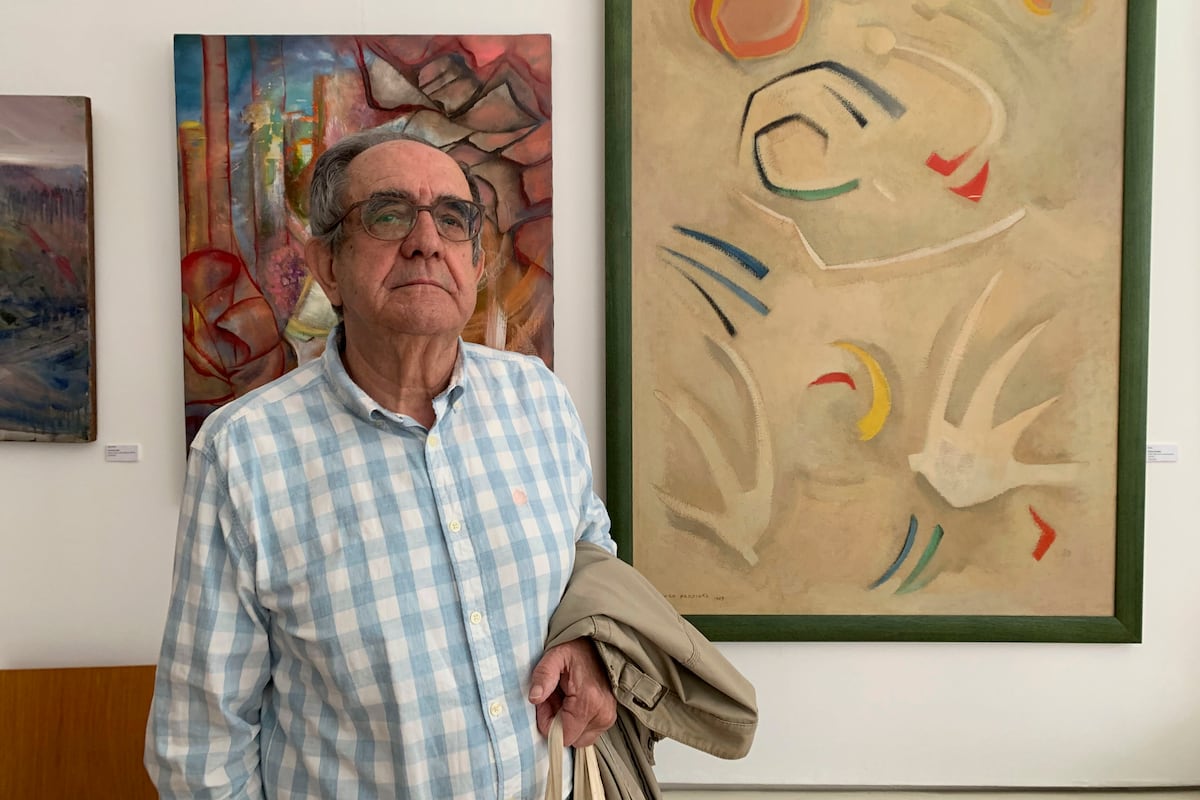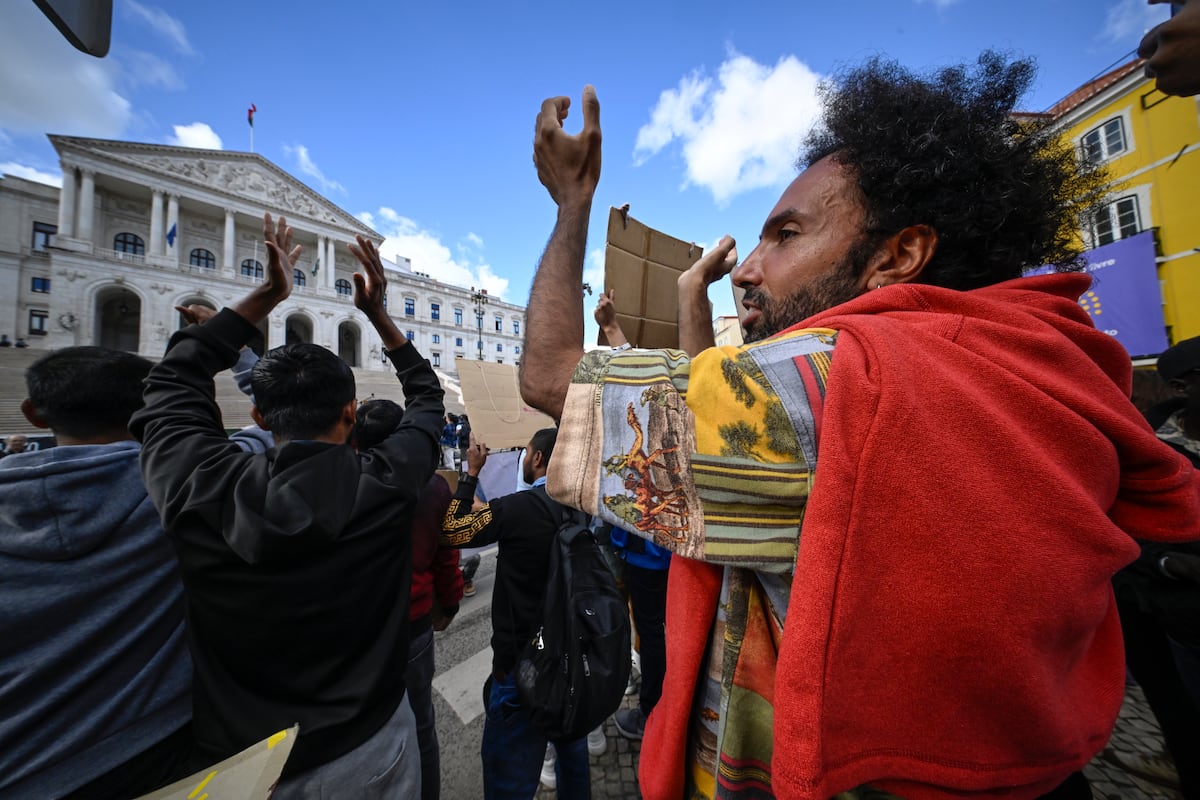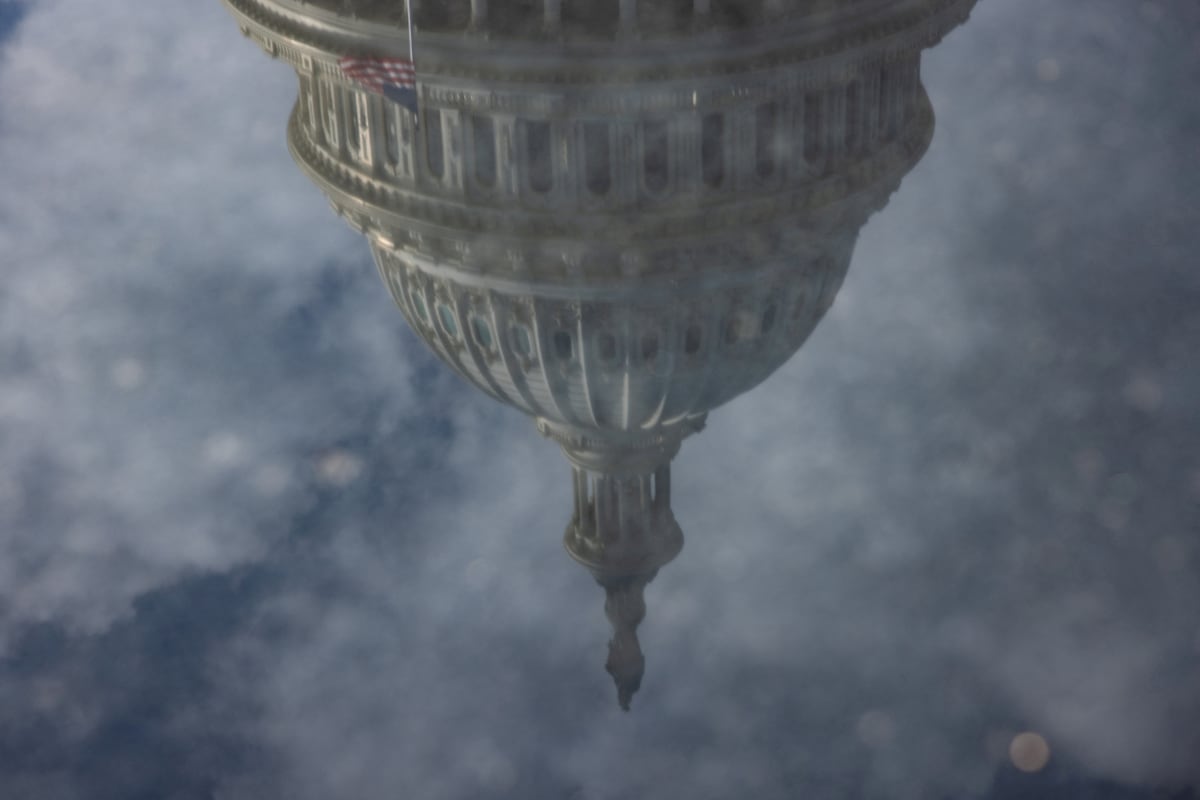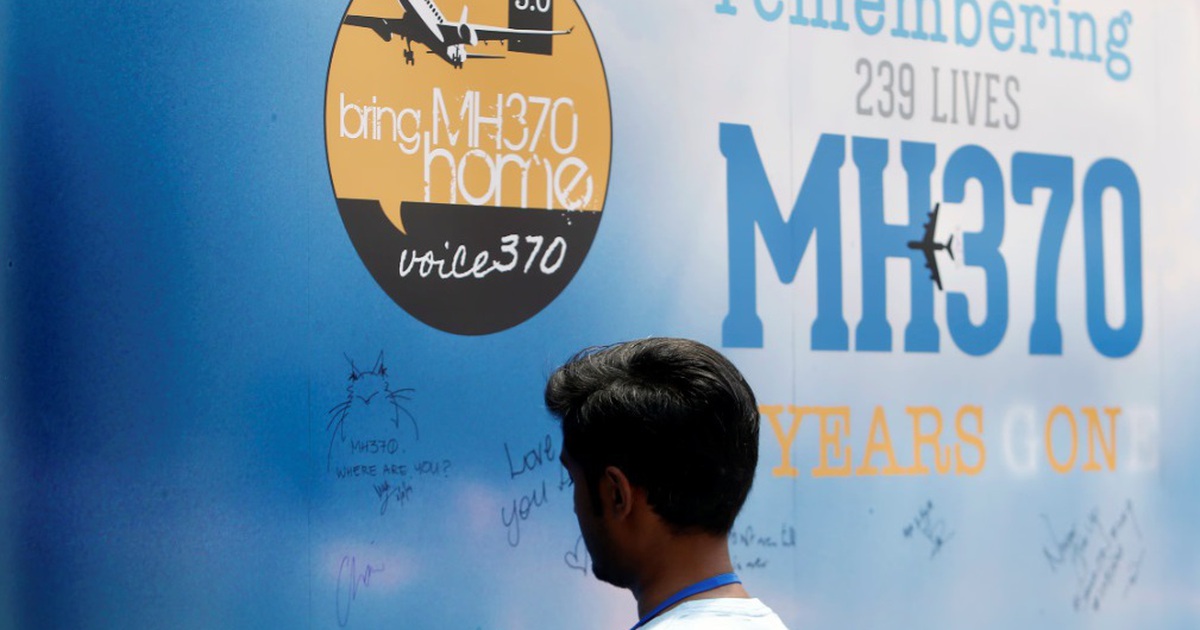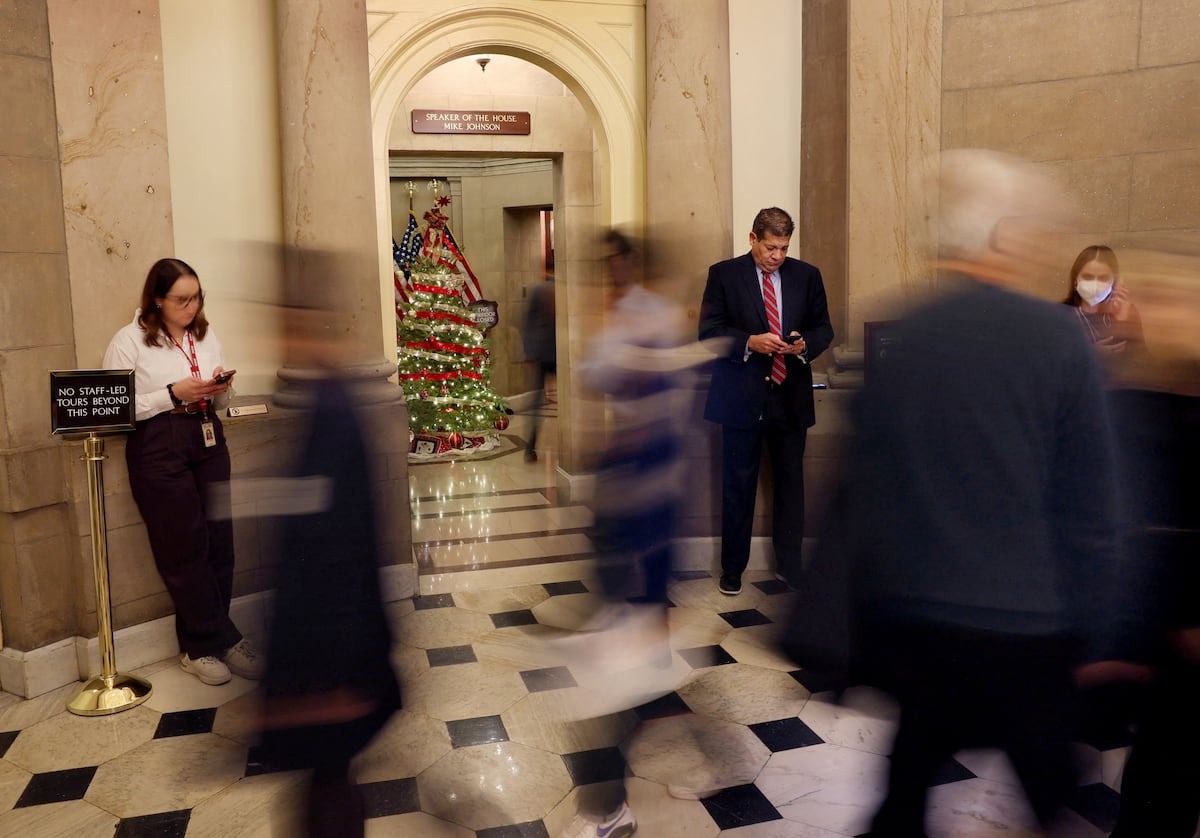Last Wednesday, my dear friend Captain Carlos Contreiras, hero of the Portuguese April 25, who was mainly responsible for the Navy’s participation in that historic day, died in Beja (Portugal), in his native Alentejo, at the age of 83. He overthrew Marcelo Caetano’s regime and ended 40 years of dictatorship in the sister country. He was the link between the Portuguese Movimento das Forces Armadas (MFA), the organization of the captains of april, and the Democratic Military Union (UMD), which fought for the recovery of democracy in Spain from within the Armed Forces during the dictatorship of General Franco.
When I had to go into exile after the arrests of nine members of the UMD, he welcomed me in Portugal and later made it possible for me to give the press conference that I held in Paris on October 13, 1975. He was then a member of the Council of the Revolution representing the Navy and Director of the Portuguese Information Service (SDCI).
I remember that, in the middle of the crisis hot summer In 1975, Carlos barely had time to sleep and when Pilar, his wife, was away, I took care of his three girls. In one of those visits to his house in San Pedro de Estoril he showed me the exact place where, on the eve of April 25, at a meeting of the MFA he proposed that the broadcast of the song Grandola, Vila Morena on the radio was the signal for the troops to leave and the revolution to begin.
From those dates until now I have continued to maintain a close friendship with Carlos Contreiras, to whom I will always be very grateful for his help during the exile and to whom I will always remember with enormous affection and admiration.
In recent times he directed the collection Memórias de Guerra e Revolução, dedicated to deepening knowledge of the historical memory of the Portuguese Revolution, which has now turned 50 years old. Always willing to support the acts of vindication of the democratic military, the last one in which he participated was the tribute to the UMD held on October 11 at the Ateneo de Madrid, organized by the Secretariat of State for Democratic Memory.

